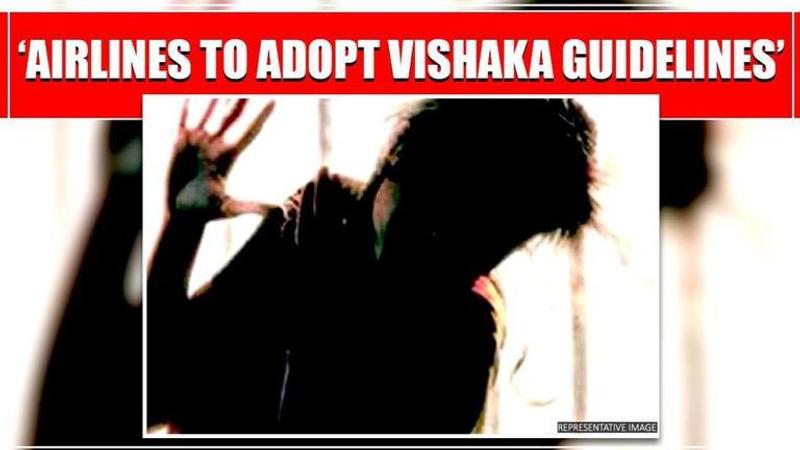Published 21:36 IST, February 6th 2020
DGCA issues advisory to airlines for implementation of 'Vishaka Guidelines'
DGCA issued an advisory to all the Indian airlines for ensuring the compliance of 'Vishaka Guidelines' in order to address the sexual harassment cases.

The Directorate General of Civil Aviation (DGCA) issued an advisory to all the Indian airlines for ensuring compliance of 'Vishaka Guidelines' to address sexual harassment cases. The directive was sent so that the issues concerning sexual harassment of women employees could be addressed. This was done as DGCA has been receiving many complaints from female pilots and cabin crew regarding harassment.
DGCA on receiving complaints from female employees
"We've received many complaints from female pilots and cabin crew regarding harassment," the DGCA said. The Vishaka Guidelines are a set of rules and directives that can be used in cases of sexual harassment at the workplace. These guidelines were formed by the apex court in 1997. It was later replaced with Sexual Harassment of Women at Workplace (Prevention, Prohibition and Redressal) Act, 2013.
Vishaka Guidelines
As per the Vishaka Guidelines, “It shall be the duty of the employer or other responsible persons in work places or other institutions to prevent or deter the commission of acts of sexual harassment and to provide the procedures for the resolution, settlement or prosecution of acts, of sexual harassment by taking all steps required.” The guidelines define sexual harassment as; unwelcome sexually determined behaviour (whether directly or by implication) as:
- Physical contact and advances;
- A demand or request for sexual favours;
- Sexually coloured remarks;
- Showing pornography;
- Any other unwelcome physical, verbal or non-verbal conduct of sexual nature
(With ANI Inputs)
Updated 21:36 IST, February 6th 2020




